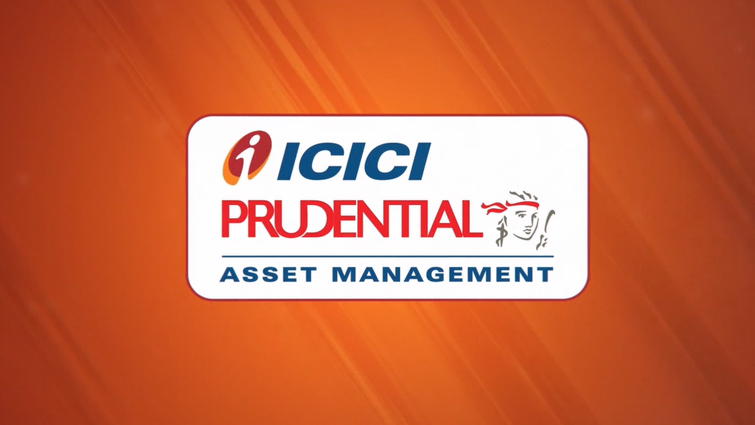#NFO #ICICIPrudentialMutualFund #ICICIPRUNiftyTop15 #ICICIPRUEqualWeightIndexFund
Mumbai: ICICI Prudential Mutual Fund has launched two new passive investment schemes — the ICICI Prudential Nifty Top 15 Equal Weight ETF and the ICICI Prudential Nifty Top 15 Equal Weight Index Fund — offering investors a unique opportunity to gain exposure to India’s top-performing large-cap companies through a diversified, rules-based approach.
The New Fund Offer (NFO) for both schemes opened on June 10 and will remain available until June 24, 2025.
Equal Weight Strategy for Balanced Exposure
Both funds track the Nifty Top 15 Equal Weight Total Return Index (TRI), which includes the top 15 companies by free-float market capitalisation within the Nifty 50 universe. Unlike traditional market-cap weighted indices, this index assigns equal weight to each constituent stock, effectively mitigating concentration risk and enhancing sectoral diversification.
The underlying index spans key sectors such as financial services, automobiles, FMCG, IT, and telecom, and is rebalanced quarterly and reconstituted semi-annually to remain aligned with changing market leadership.
Attractive Valuations and Long-Term Focus
As of May 29, 2025, the Nifty Top 15 Equal Weight Index was trading below its three-year average P/E ratio, signaling relatively attractive valuations for new investors. Historically, this equal-weighted index has outperformed the broader Nifty 50 TRI during periods of heightened market volatility, making it a compelling option for long-term, risk-aware investors.
Key Scheme Details
-
Benchmark: Nifty Top 15 Equal Weight TRI
-
Fund Managers: Nishit Patel and Ashwini Shinde
-
Minimum Investment (Index Fund): ₹1,000 (and multiples of ₹1)
-
ETF Trading: Available on stock exchanges in units of 1; creation units of 3,70,000 for authorized participants
-
Plan Options: Regular and Direct Plans with Growth and IDCW options
Designed for Cost-Effective Passive Investing
These new offerings cater to investors seeking low-cost, rule-based exposure to top large-cap stocks without the pitfalls of concentrated portfolios. The ETF is suited for active traders and institutional investors, while the index fund version appeals to retail investors looking for a simple SIP-friendly option.

